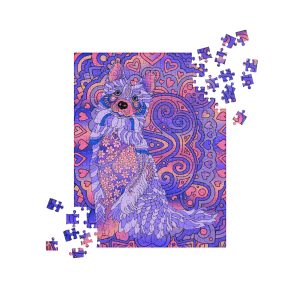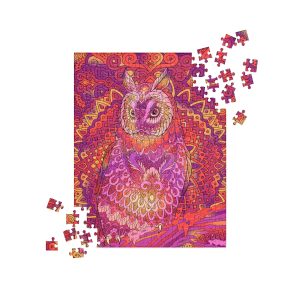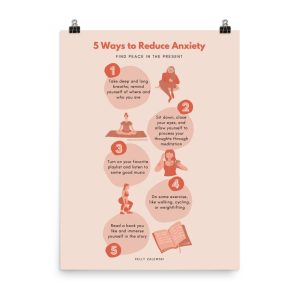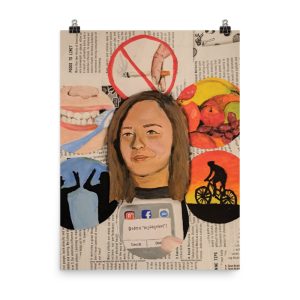

Recovery language can feel manipulative. But don’t be surprised when people in recovery use their newly acquired recovery language to continue to control others. Behavior doesn’t improve overnight. The truth is where there is alcohol and substance use, destructive conditioning has actually changed everything about us. Our personalities are completely altered, and don’t return to their original shape just because someone stops using.
This is how we, as family members, were. Desperate to help, even perfect parents and spouses turn into whining, raging, self-pitying naggers. I say that as one of those whining, raging, fearful, self-pitying nags. I just couldn’t stop giving advice, money, my time, my love, my attention, my peace of mind and serenity. We loved ones will do anything to save people we love and restore life as we knew it. As a result we become miserable, codependent enablers. We may or may not know we’re being conned. We do hate ourselves for what we’re doing, and there’s no right thing or answer, ever.
This is how our users were. Addiction turns the very best people into irritable, unreliable, angry, demanding, and often downright abusive master manipulators. Unpleasant qualities among users include lying, gaslighting, and stealing. They don’t help with tasks, and they won’t help with relationships. The wonderful people they were are gone forever. I’m not making this up. It’s a fact. The perfect child or husband you loved is no more; and the once trusting, loving you has also left the room. But you can restore your relationship and be better than you ever were by actually being honest and communicating.
Substance users and their families may think they’re communicating, making progress, but then something happens and growth feels like a rubber band stretched too far. When it snaps back and delivers a black eye, it can feel like a painful betrayal.
Maggie got metaphoric black eye when her son JJ manifested old behaviors with his new recovery language. JJ been clean for two years, he was doing great in his work—in fact everything should have been golden. Maggie was more than eager to relax and move on to the next phase of their lives. Their back story was a rocky one, of course, as recovery often is. JJ had relapsed a few times, but he had good tools, good support a good relationship, more self-esteem and success at his job. She was hoping for the best.
But the addiction wreckage was still with them. After years of being tortured by a dynamic that included Maggie’s “attempts to control JJ’s behavior and nagging” on her side and a good deal of “prevarication and manipulation” on JJ’s side, Maggie was now concerned because JJ had developed some “controlling habits” that pushed every one of her buttons. Whenever she opened her mouth, he literally shut her up.
“Nothing I could say felt “appropriate” to him. I was no longer a trusted mom. He could list all the things I had done to hurt him, but voicing my views about anything “crossed his boundaries.” He didn’t want to hear a word from me,” she said. “There was no way to neutralize what was happening between us without my agreeing with everything he said. It felt as if he was attending recovery law school. And I was the defendant in a court case.”
Oh oh. JJ now seemed to be using his recovery language about boundaries and safety to try to re-make Maggie into the mom we all wish we had: endlessly patient, loving, accepting of whatever we said, forever supportive. And most of all silent and submissive. The way she had been when he was using and in control of her by being a brat.
For moms in recovery, silent and submissive means death–sometimes literally and sometimes soul. And being controlled after making progress is out of the question. To Maggie, being lectured to by JJ was like returning to the toxic family dynamic she thought they’d left behind. Her husband had shut her up exactly the same way, and she wasn’t going back to that again. Everything had been going well, but the relationship rubber-banded back into crisis anyway.
In the end, JJ’s wish to impose verbal “boundaries” on his mom backfired. Maggie was shamed by the things he said about her, but it didn’t make her want to comply with his “rules for her conduct.” In fact, all his talk about boundaries and need for safety made her feel she needed some boundaries and safety of her own.
Can JJ learn not to try to rigidly control his mom? Can Maggie find a comfortable way to communicate with JJ that doesn’t hurt him or compromise her own safety and sense of self? In recovery, they say progress, not perfection. What does that mean? As families struggle with better ways to communicate, it’s important to be careful with the tools. What’s supposed to be useful can backfire and have unintended consequences. Real recovery means back to square one over and over. I can say recovery does work when we can see ourselves and our part. Sometimes that may mean taking a break from the relationship altogether.
To learn recovery language try Al-Anon










Copyright © 2023 Reach Out Recovery Services LLC | Terms and Conitions |. Site by Quadshot Digital